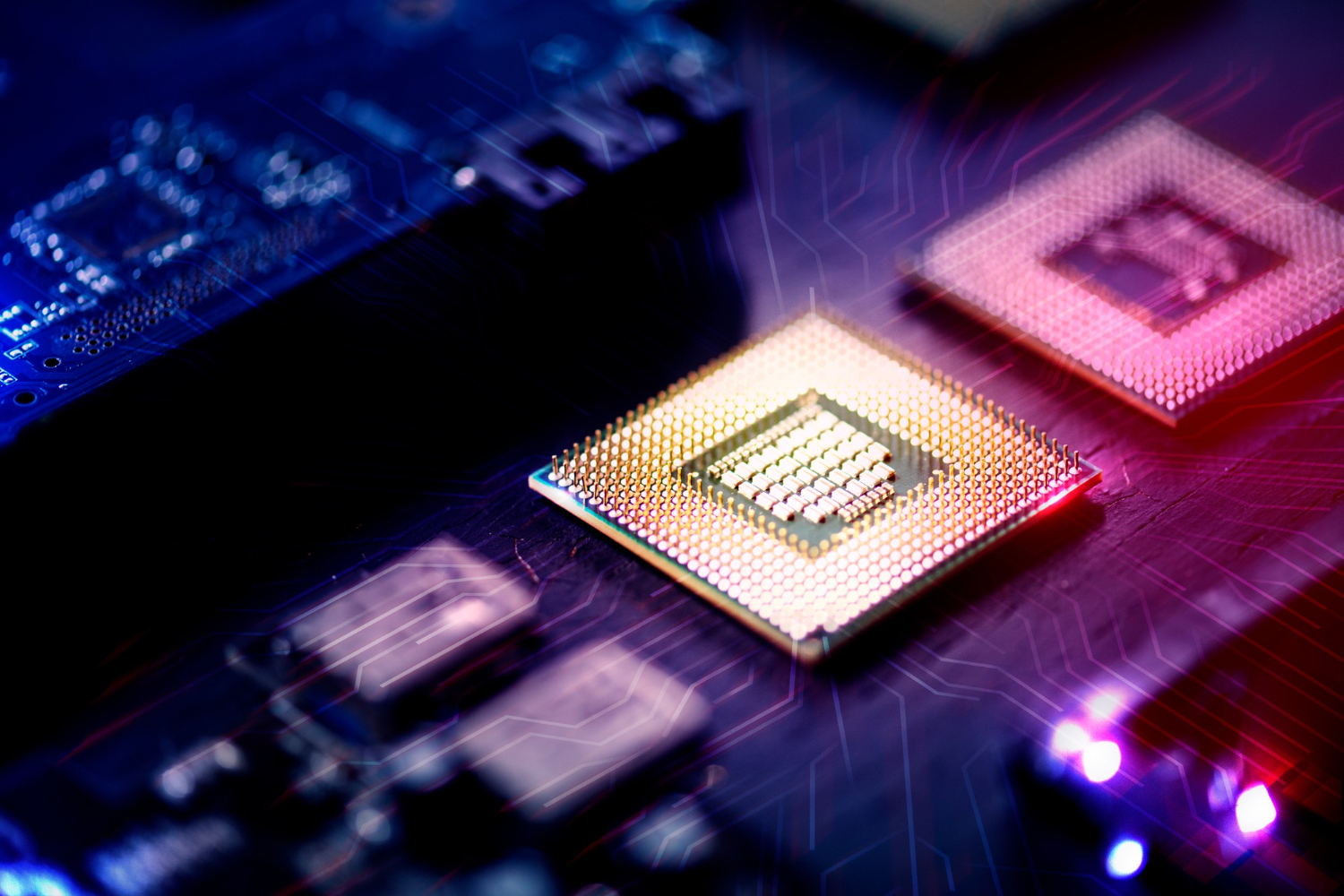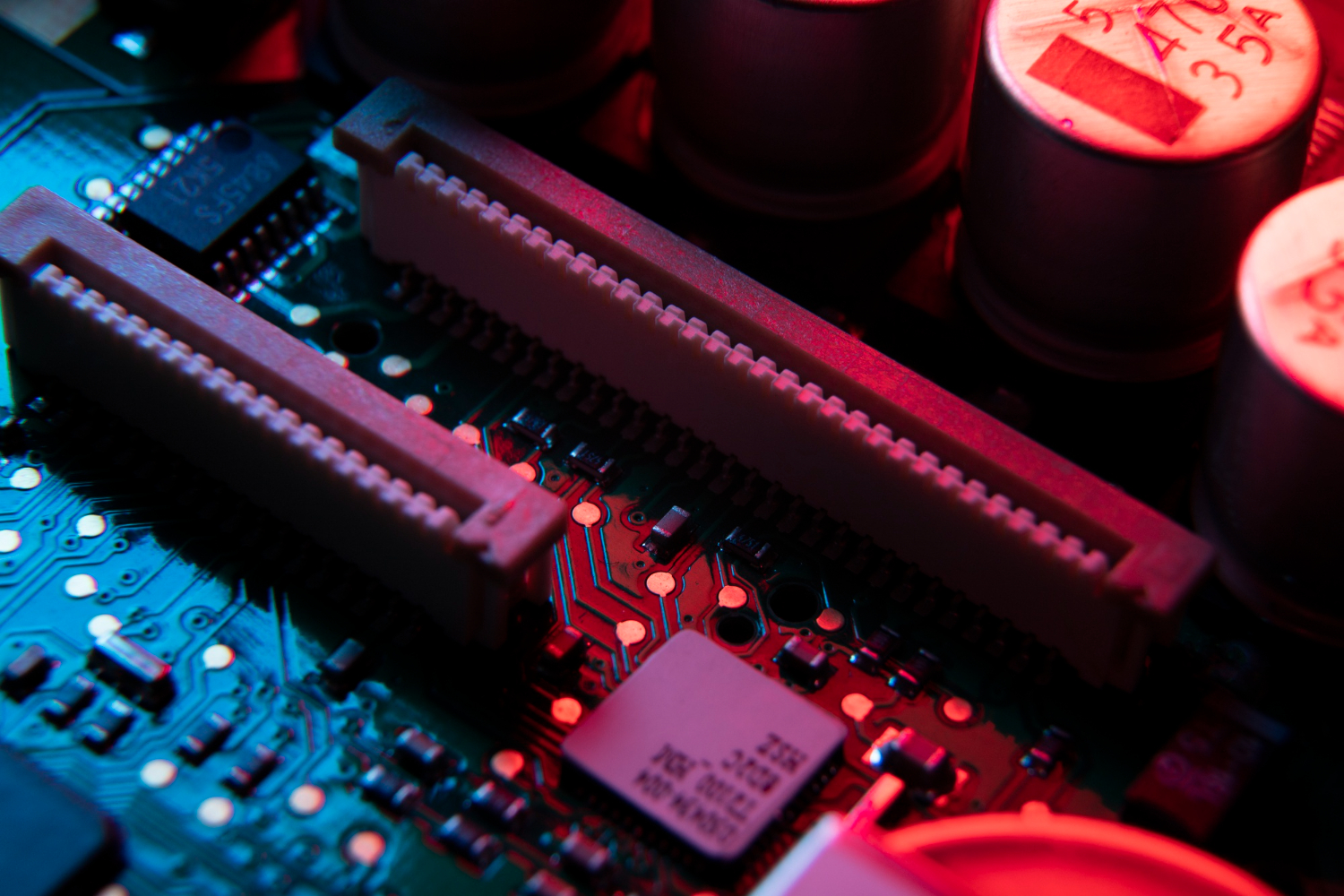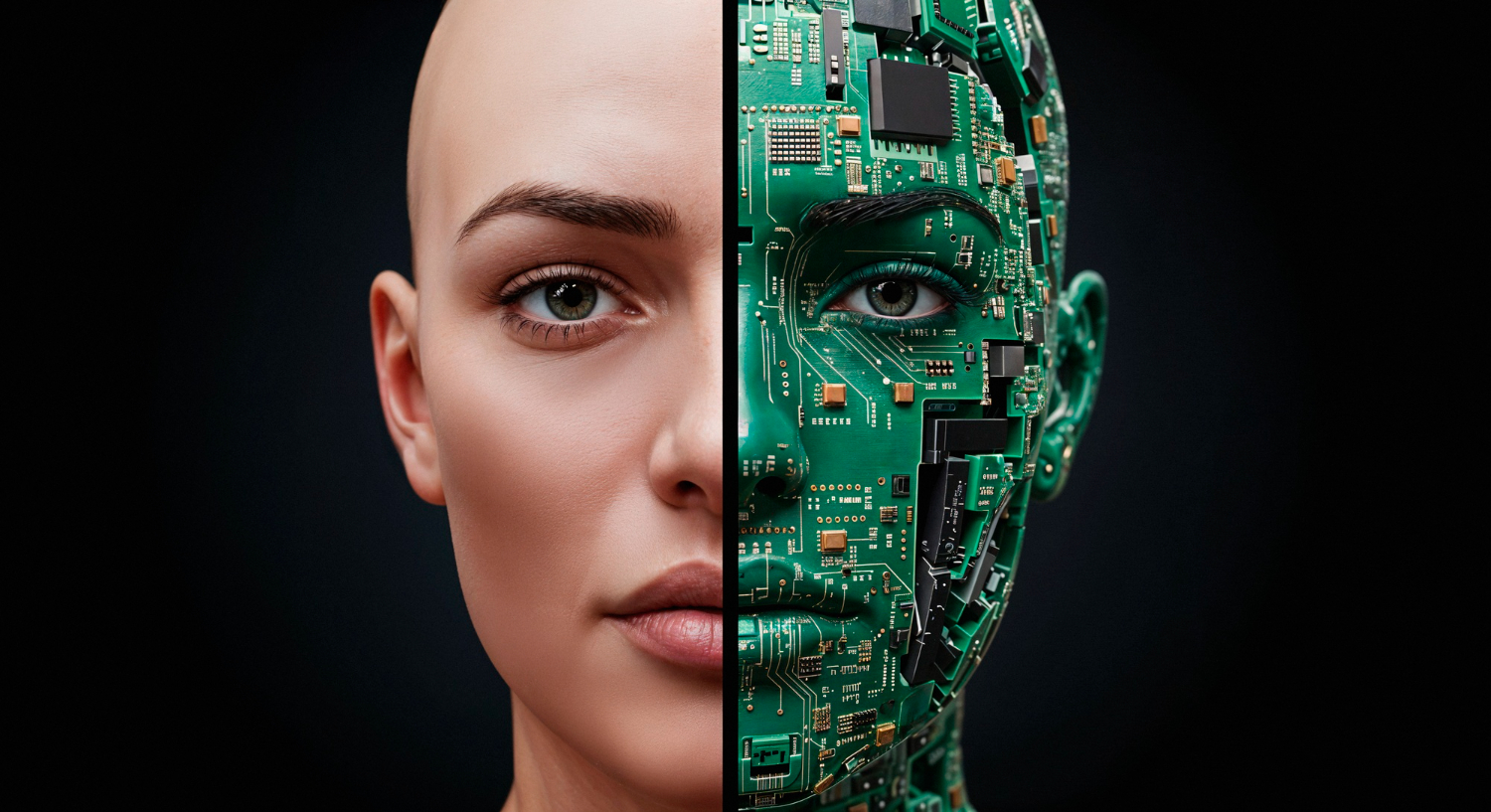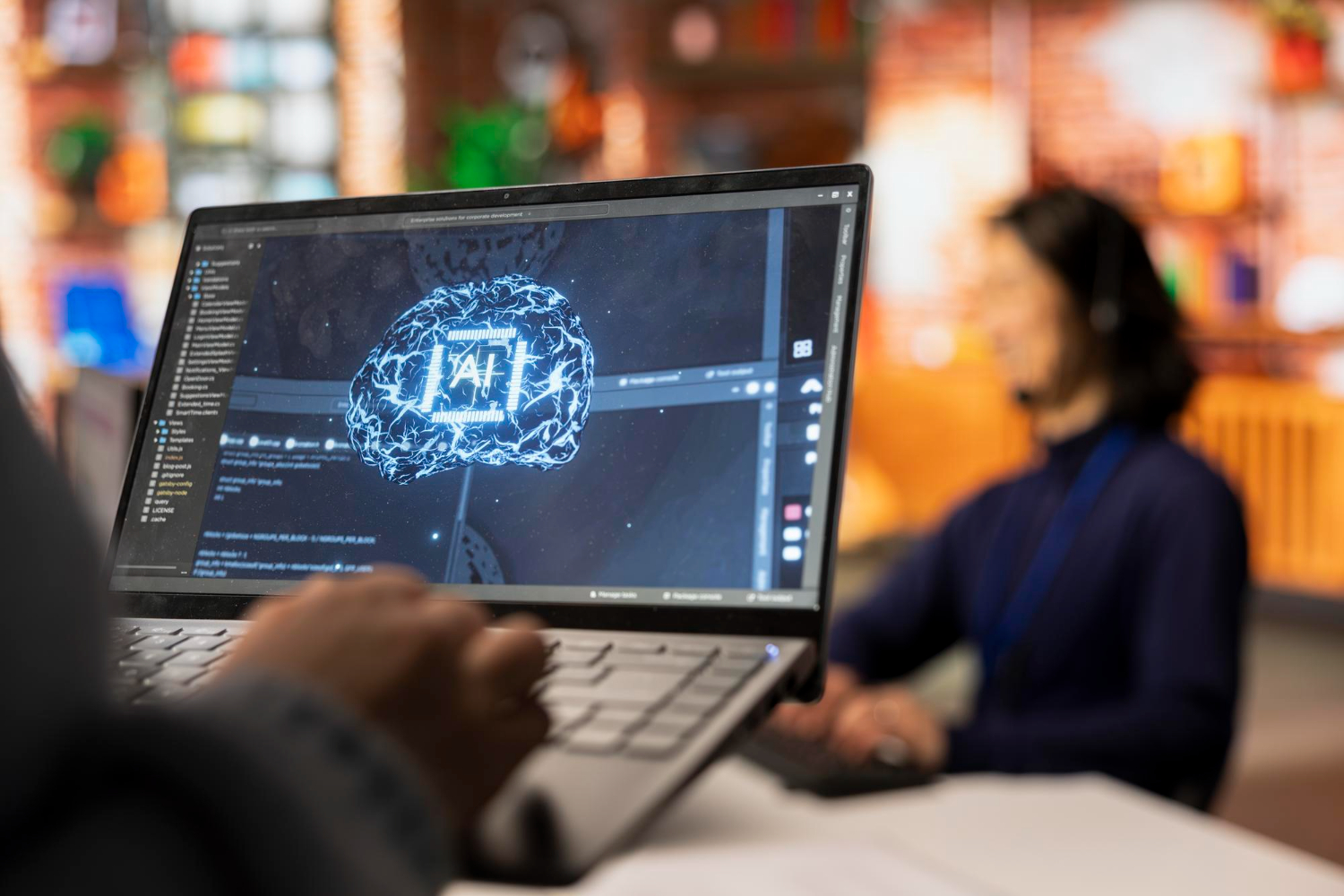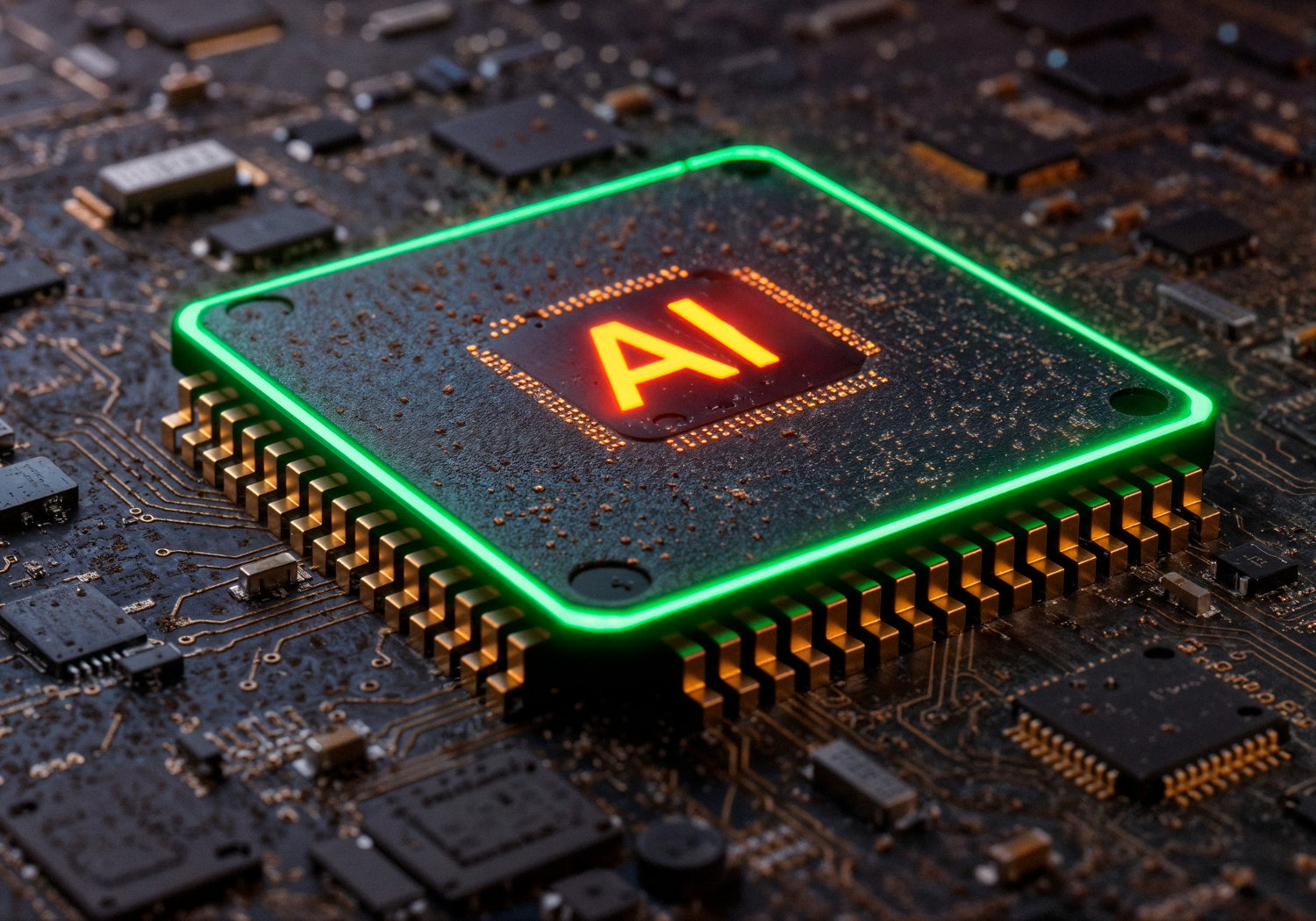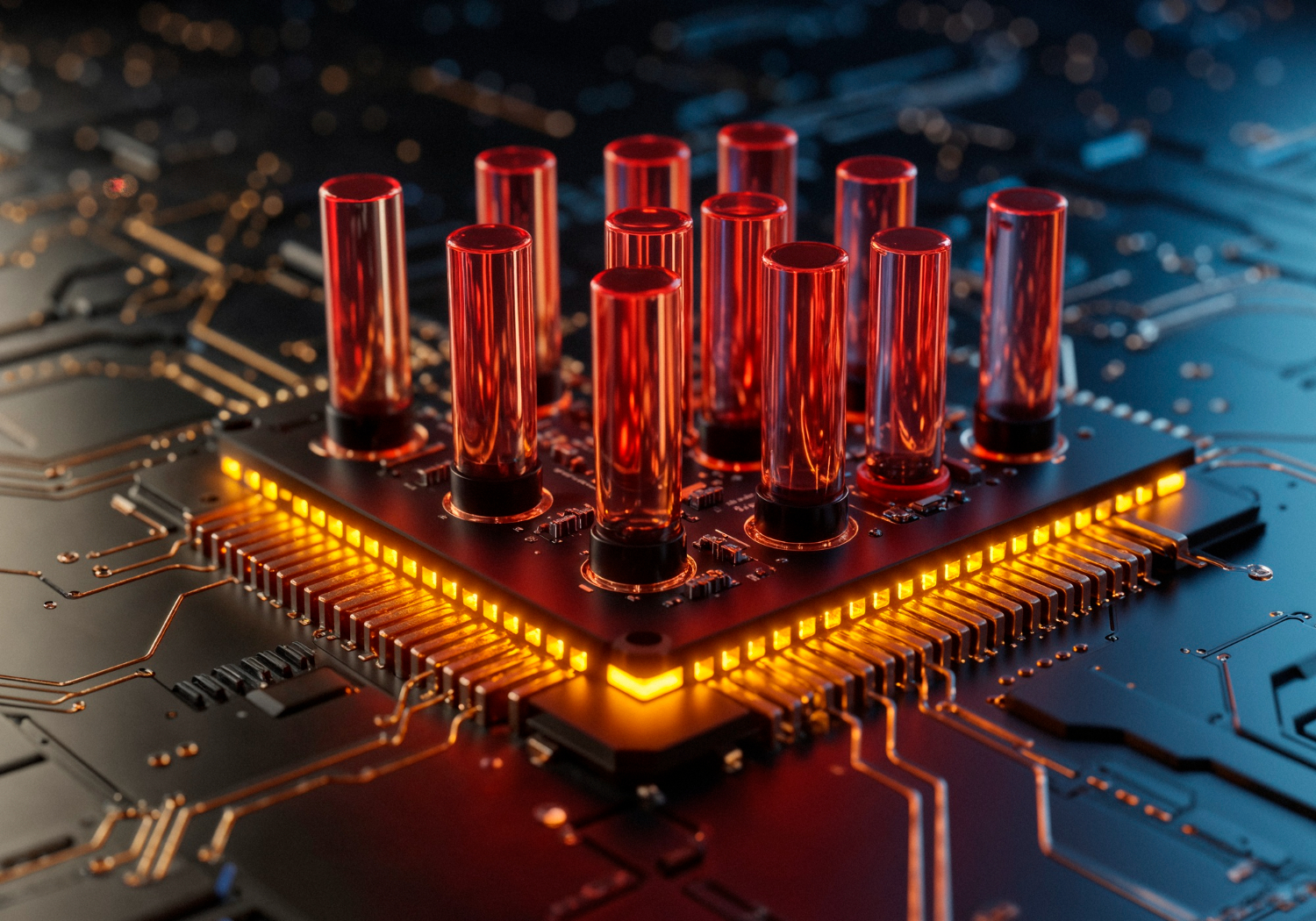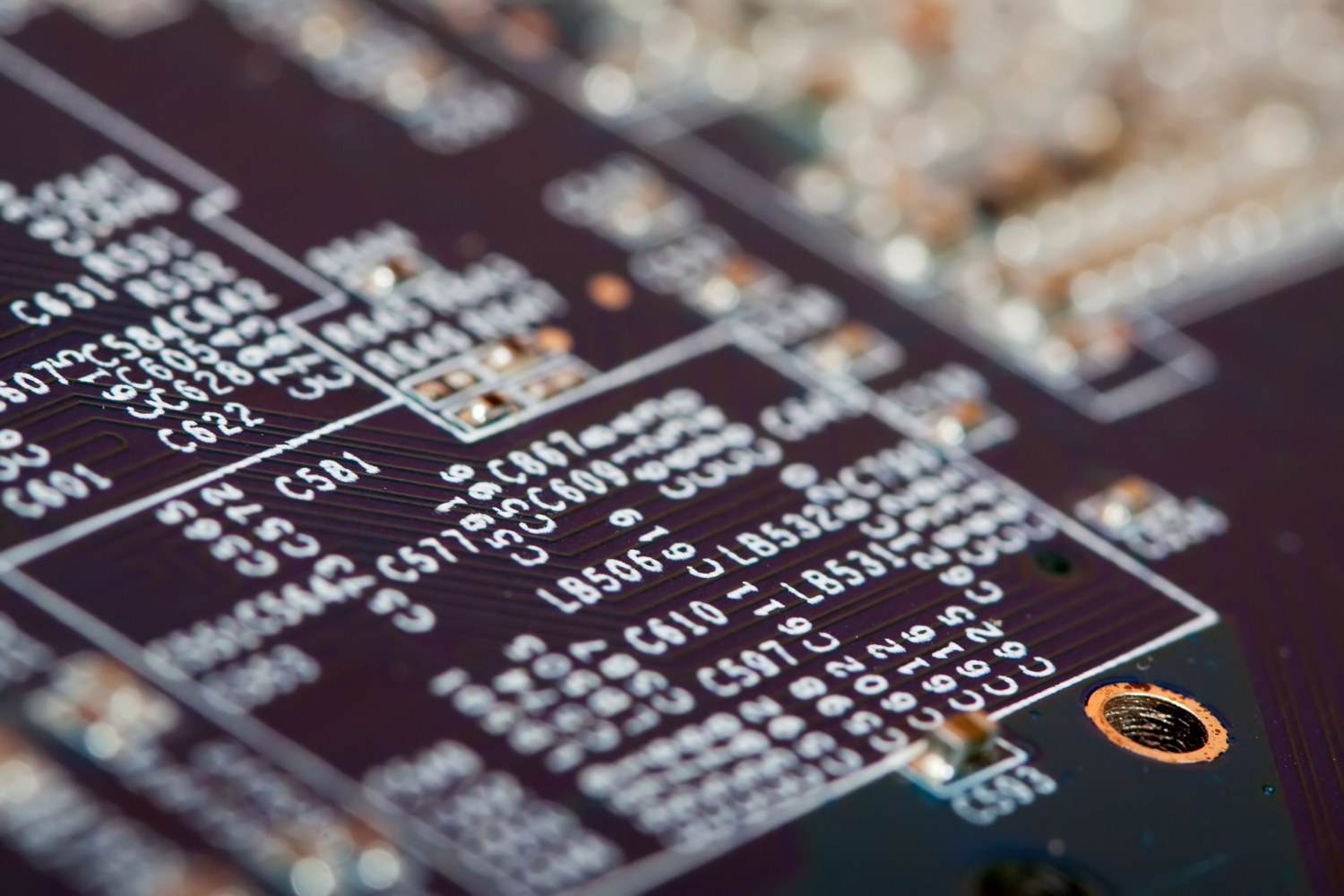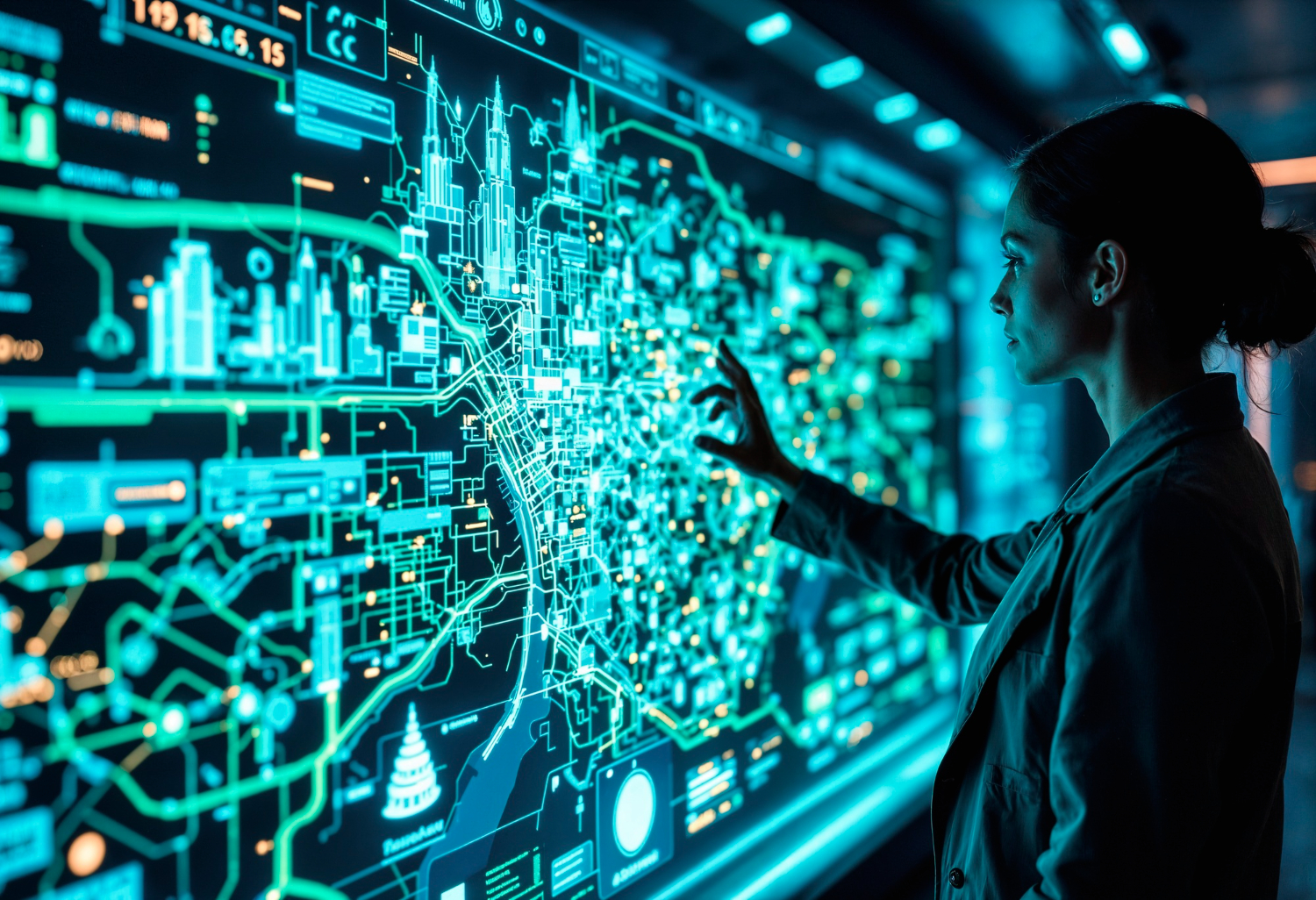A team of interdisciplinary researchers from the Institute for Basic Science found a notable similarity between the memory processing of artificial intelligence (AI) models and the hippocampus in the human brain.
The study focused on memory consolidation, the process of transforming short-term memories into long-term ones, in AI systems. The research applied principles of human brain learning, specifically concentrating on memory consolidation through the NMDA receptor in the hippocampus, to AI models.
The NMDA receptor, acting as a gatekeeper, facilitates learning and memory formation in the brain. The researchers discovered that the Transformer model in AI employs a gatekeeping process similar to the brain’s NMDA receptor, indicating that established knowledge in neuroscience can explain how AI models learn.
This breakthrough suggests the possibility of developing more efficient, brain-like AI systems and enhances our understanding of human memory mechanisms, offering insights into creating low-cost, high-performance AI systems that learn and remember information similarly to humans.
Credits: NeuroscienceNews.com
Read more on the related topics:
AI Memory: How Neural Network Remembers Like the Human Brain
This year will be AI’s leap forward
AI Application in Hurricane tracking





